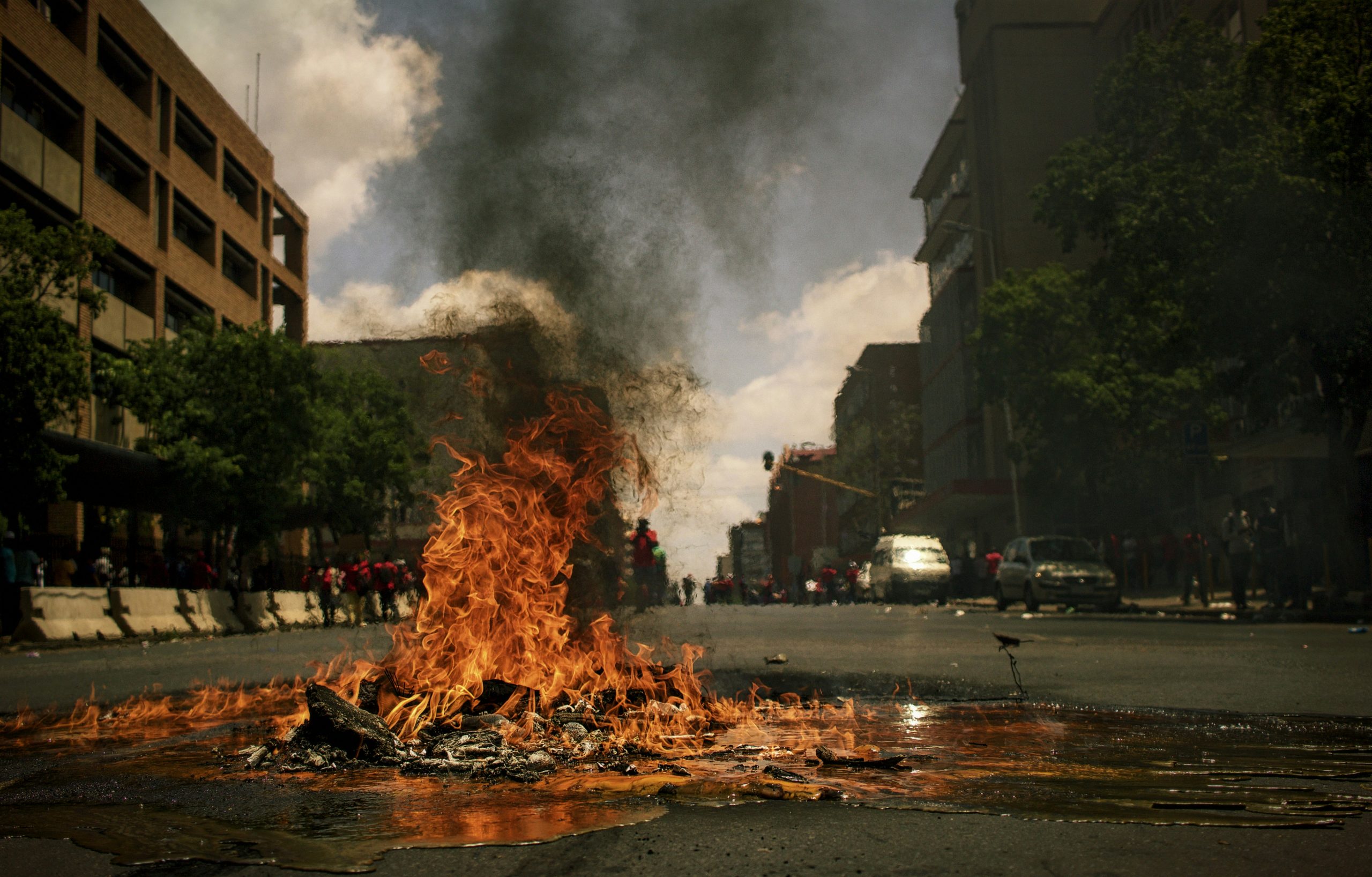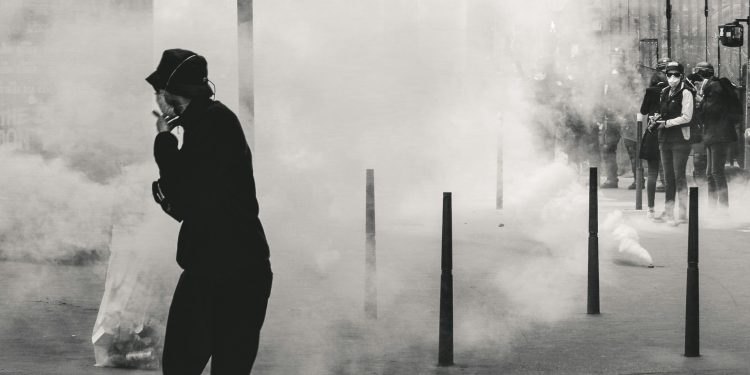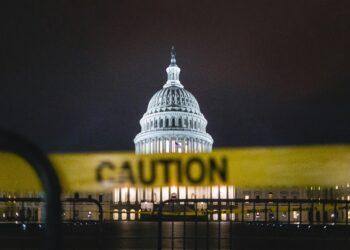The decision by Indonesian police to fire tear gas and rubber bullets on the sacred grounds of UNISBA and Pasundan University represents a catastrophic moral and strategic failure for President Prabowo Subianto’s young administration. This is not law enforcement; it is the brutalization of Indonesia’s future.
For a country where university students are revered as the vanguards of democracy for their role in toppling the authoritarian Suharto regime in 1998, this crackdown is profoundly symbolic. It signals a government so terrified of dissent that it will violate the longstanding sanctity of the campus to silence it.
The ten lives lost nationwide are not just a statistic; they are a damning indictment of a leadership that has chosen repression over dialogue, force over reform, and in doing so, has ignited the very “combustible dry-hay situation” analysts warned against.

How Lawmaker Greed Ignited a National Inferno
To dismiss these protests as mere rioting is to deliberately miss the point. The catalyst was not mindless violence but a specific, arrogant act of governmental hubris: the approval of enhanced perks for lawmakers while millions of Indonesians struggle with soaring living costs. This decision, a classic case of elite self-enrichment, was the matchstick thrown onto the dry hay of growing inequality.
As analyst Achmad Sukarsono rightly noted, such policies reveal a ruling class utterly divorced from the social sensitivities of the people it purports to serve. The subsequent rioting and looting in Jakarta, while destructive, are the predictable symptoms of a deep-seated rage against a system perceived as corrupt and unaccountable. The government’s response—to meet economic despair with police batons and rubber bullets—proves the protesters’ most fundamental point: that the state serves itself first and its citizens last.
The claim by a police official Hendra Rochmawan that officers targeted “non-student protesters” outside the premises is a transparent falsehood contradicted by the 40 tear gas shells found inside the campus and the critically injured UNISBA student shot with rubber bullets on university grounds.
This is a betrayal of a sacred trust. Universities must remain sanctuaries for debate and dissent, the very engines of democratic thought. By turning them into battlefields, the state isn’t just quelling a protest; it is assassinating the ideal of intellectual freedom and signaling that no space is safe for peaceful opposition.
Solutions to De-escalating the Tensions
The first step is an immediate and unconditional de-escalation. President Prabowo must order security forces to stand down from all university campuses and cease the use of rubber bullets and tear gas against protesters.
This must be followed by a fully independent investigation, not led by the police but by Indonesia’s official human rights body and supported by international observers as demanded by the United Nations rights office.
Additionally, this investigation must have the power to name and prosecute officers and commanders responsible for excessive force. The government must also provide full compensation for the families of the 10 people killed and for those injured, including the student undergoing surgery.

















